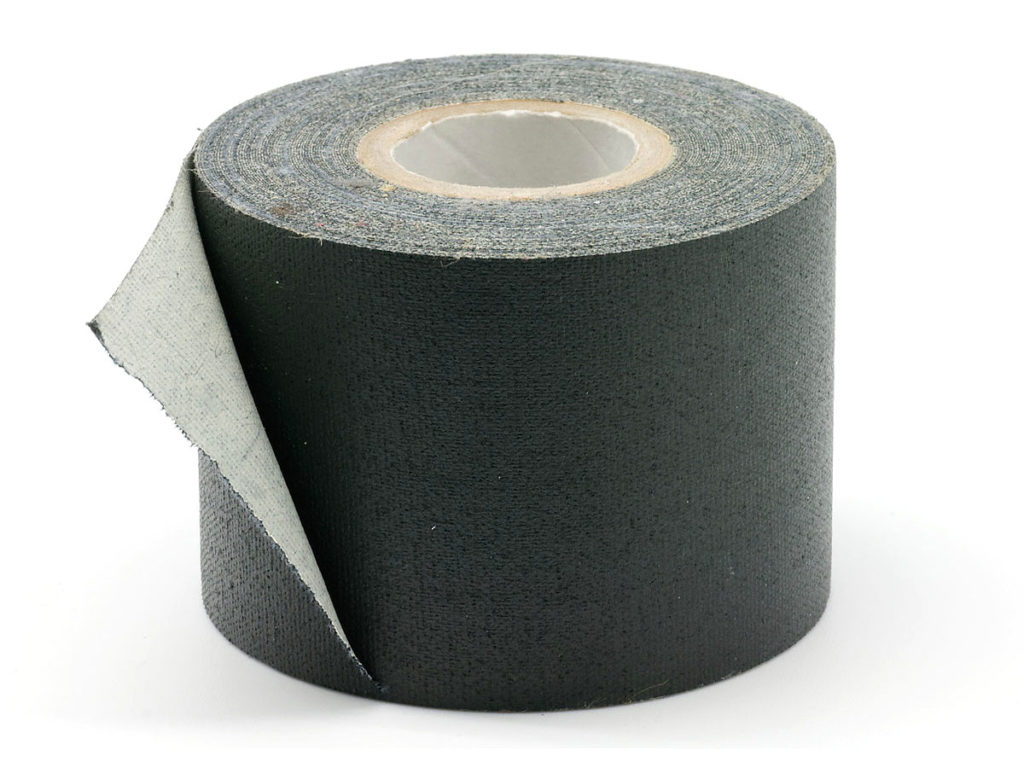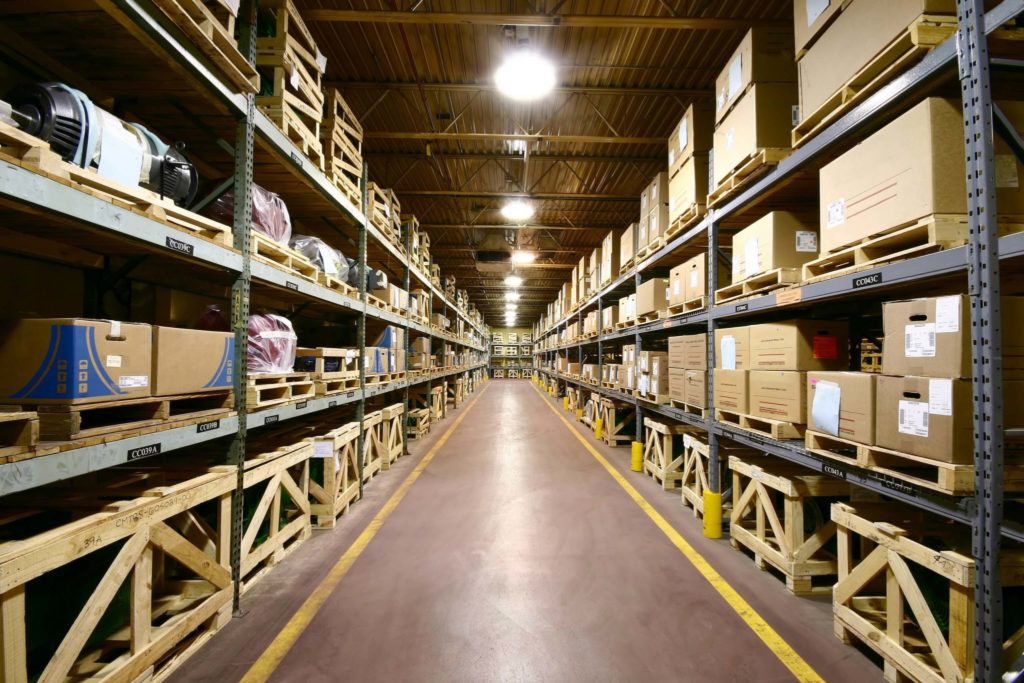The Cost of Moving House – Your Ultimate Guide

Thinking about moving house? Start planning ahead with our ultimate guide to the cost of moving house.
With kitchen crockery to pack and living room furniture to shift, moving house can be back-breaking stuff, but needn’t break your bank balance.
Moving house is an exciting prospect but all too often people lose sight of the costs which can quickly escalate.
Beyond the upfront costs of buying a home, there are also the costs of legal fees, surveyor costs and homebuyer’s reports, among others.
And that’s before you’ve even considered the costs of a removals company to help transport your belongings from A to B.
According to research by Lloyds Bank, the total average cost of actually selling a house and moving is now more than £12,000. But this cost varies depending on which area of the UK you live.
We’ve taken the liberty of breaking down the cost of moving house below.
We’ll also take a closer look at how you can reduce your moving costs and save money on your choice of removals company.
Read on to find out more, or hit one of the links listed below to jump to a chapter of your choice:
Buying & Selling Your Home
Unsure what’s included in the cost of moving house? We’ve put together a list of all the costs associated with buying and selling a house below:
Mortgage Costs
When buying a home your mortgage lender will assess the value of the property to establish how much to lend you.
They will usually charge you a valuation fee depending on what product you choose. The cost often varies between £150 and £1,500.
The mortgage lender/bank will usually request an arrangement fee upfront also.
This fee is typically around £1,000 but can range from anything up to £2,000.
Both fees will need to be factored into the cost of moving house.
Stamp Duty
All residential properties in England and Northern Ireland that cost more than £125,000 are subject to Stamp Duty Land Tax (SDLT).
In Scotland, you pay Land and Buildings Transaction Tax instead. This tax works in a similar way but has different value bands to SDLT.
How much you will pay will depend on the rate band the properties purchase price falls into.
For example, if you buy a house worth £250,000 you will pay nothing on the first £125,000, but 2% on the next £125,000.
In this example, the stamp duty would cost £2,500.
First-time-buyers pay no stamp duty on the first £300,000.
Use this Money Advice Service stamp duty calculator to work out how much you will need to pay on property.
Homebuyer’s Report
A homebuyer’s report usually starts at around £400.
The report assesses the details of a property and identifies any defects or problems which could affect the value of the property.
You can use the report’s suggestions before purchasing a property to renegotiate the price. For example, if it’s going to cost you £3,000 to remove damp from the walls you can deduct this from your offer.
The Royal Institute of Chartered Surveyors (RICS) reports that only one in five homebuyers receives a homebuyers report. As a result, many are hit with unexpected repair bills after moving into a property.
Building & Contents Insurance
Before qualifying for a mortgage your bank will ask you to take out building insurance. This typically costs around £80 a year.
This will protect your home against damage from fire, floods, sinking and other events which could affect your property’s value.
It’s also a good opportunity to consider taking out contents insurances if you haven’t already.
Legal Fees
You will need to recruit the services of a solicitor or licensed conveyor to complete the necessary paperwork for selling or buying a home.
Legal fees vary widely but are typically between £850-£1,500.
The Land Registry also charges a fee for registering a property with a new owner.
This fee will vary depending on the value of the property but you will need to factor an additional £90 – £140 into the cost of moving house.
Although not strictly a legal fee, another cost you will need to be aware of is the electronic transfer fee.
This applies to the transfer of money from the bank to the solicitors and is usually around £50.
Estate Agent Fees
First-time buyers are exempt but if you’re selling a house you’ll likely pay estate agent fees.
These vary widely depending on what you have agreed with your estate agent but can cost over £2,000.
Council Tax
If you’re changing area you will need to update and pay the correct council tax.
Council tax is an annual fee that your local authority charges for local services such as rubbish collection and local libraries.
Students are exempt, but most people will pay in ten monthly instalments.
Moving Costs
When weighing up the cost of moving house there is also the cost of moving itself to think about.
As such you might wish to consider setting aside extra money for the following:
Removals Company Hire

Removals experts can move difficult or hard to move items
A reliable removals company with strong moving experience and god working knowledge of the area you are moving to is a must.
Many people hire a van and try to move themselves, only to come unstuck when they lose possessions or overrun their van hire.
Costs for hiring a professional removals company vary.
Most will price their services depending on the ‘total volume of effects’ or the distance travelled.
As a general guide, you can expect to pay anything from £400 for a one-bedroom flat to £1,200+ to move to a three-bedroom detached property.
Add-on services like packing and disassembly/reassembly may incur additional costs.
Removals Insurance

Research insurance policies thoroughly
All professional removals companies should offer you standard liability insurance to protect your possessions during transit.
You might want to consider taking out additional cover for expensive items such as antiques and expensive assets.
Check your home insurance also to see what is covered during your move.
An opinion survey by Moneysupermarket.com found almost a quarter (23%) of people didn’t have home insurance when they moved. Half of which did not use a professional removals company to move their belongings!.
To help ensure your possessions are insured and fully protected, check the following advice:
- Have a professional removals company pack any fragile or breakable items.
- Consider taking out specific storage insurance if intending to place your contents into storage for a longer period of time.
- Insure anything particularly valuable separately if not covered by your home contents insurance.
- When you arrive at your new home have your contents re-evaluated as premiums are calculated on postcode and property listing.
Packing Materials

You’re going to need plenty of tape!
Make sure to factor moving boxes and protective packing materials into the cost of moving house.
Removal companies are able to provide these but it can be at additional cost.
The following items might be helpful for your house move:
- Double-thickness cartons
- Bubble blanket
- Made-to-measure wooden crates
- Book cartons
- Wardrobe boxes
- Acid-Free paper for silverware
Costs will very much depend on volume and the types of materials you need protecting. Inquire with your removals company as to what they offer and negotiate a price.
Storage

Storage offered by removals companies is often more affordable and convenient.
You might need to use storage facilities while you rent or work out what belongings you are taking to your new home.
If so, removal companies offer an affordable alternative to traditional storage units.
Costs are usually calculated on a daily rate depending on how many items you are depositing.
A weekly service can cost around £30 a week or £120 a month.
Extra Moving Day Costs

Pets need extra care and attention
When weighing up the cost of moving house make sure to factor in additional costs on the actual day of the move.
Below is a list of extra moving day costs you might wish to consider:
- Children – If moving with children you may need to pay for a childminder.
- Pets – Those with pets may need to arrange for them to be looked after or put in kennels.
- Cleaning – If you are moving out of a rental property you may need to pay for cleaning services to ensure you don’t break the terms of your tenancy agreement.
- Artwork – You might need to pay to have specialist items like artwork and piano professionally moved.
- Parking permits – make sure you (and your removals men) have access to your old and new property.
How To Cut Your Moving Costs
Declutter
One of the easiest ways to cut the cost of moving house is to move less items.
Moving house is the perfect opportunity to have a declutter of your house and throw away/donate any items you no longer need.
Below are some top declutter tips:
- Adopt a minimalist mindset – assess each item individually and ask yourself will I actually use it in my new home.
- Consider using market apps like eBay and Schpock to sell items – You could even put the money you make towards the cost of your move.
- Get rid of clothing and materials which are ripped or hard-worn – consider recycling them for re-use.
- Throw away expired products – for hazardous materials make sure you dispose of them safely and environmentally.
Book Early
To save on the cost of moving book in with a removals company as soon as possible.
Ideally, as soon as you have a moving date.
Booking early helps ensure availability and also means a removals company is more inclined to offer a competitive price to attract business.
Even if you don’t know your moving day yet it is still worth contacting various removals companies.
You can still estimate a date and many removals companies will be fleixble should you have to reschedule and honour the quoted price.
Prepare Your Own Packing Materials
There are plenty of places to pick up or buy quality packing materials.
Places to pick up moving boxes include:
- DIY stores
- Office supply stores
- Local businesses
- Recycling centres
When packing your own belongings for transit you can also make use of old newspaper and bubble wrap to encase delicate and fragile items like glasses and chinaware.
Of course, most removals companies will provide you with quality moving boxes and other packing materials at minimum cost.
Compare Quotes
Make sure you shop around.
The British Association of Removers advises that you receive at least three separate quotes to compare.
Although the idea is to save money, remember the lowest priced service is not always the best.
Weigh up your requirements and select the removals company best for you.
If there are any additional services you need which they can’t provide on the day this can incur high costs.
Get Advice on Moving Home
Need help moving house? Our friendly and dedicated removals team can help you manage the cost of moving house.
White & Company offers flexible removals and storage solutions across its multiple UK sites. We can advise on all aspects of the moving house process. From packing your belongings using the finest quality materials, to delivering them to your new home.
Moving home is made easy with White & Company. We make it our aim to ensure each and everyone one of our customers receives a tailor-made service that enables them to get started in their new home straight away.
To find out more about the cost of moving house don’t hesitate to give us a call today.

Max is a seasoned writer and blogger in the real estate and home moving sectors, as well as a knowledgeable source of information for expatriates living and working abroad. His detailed insights have helped thousands of people move and live abroad with greater simplicity and ease.
Posted in: News
Leave a Comment (0) ↓


